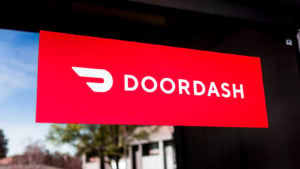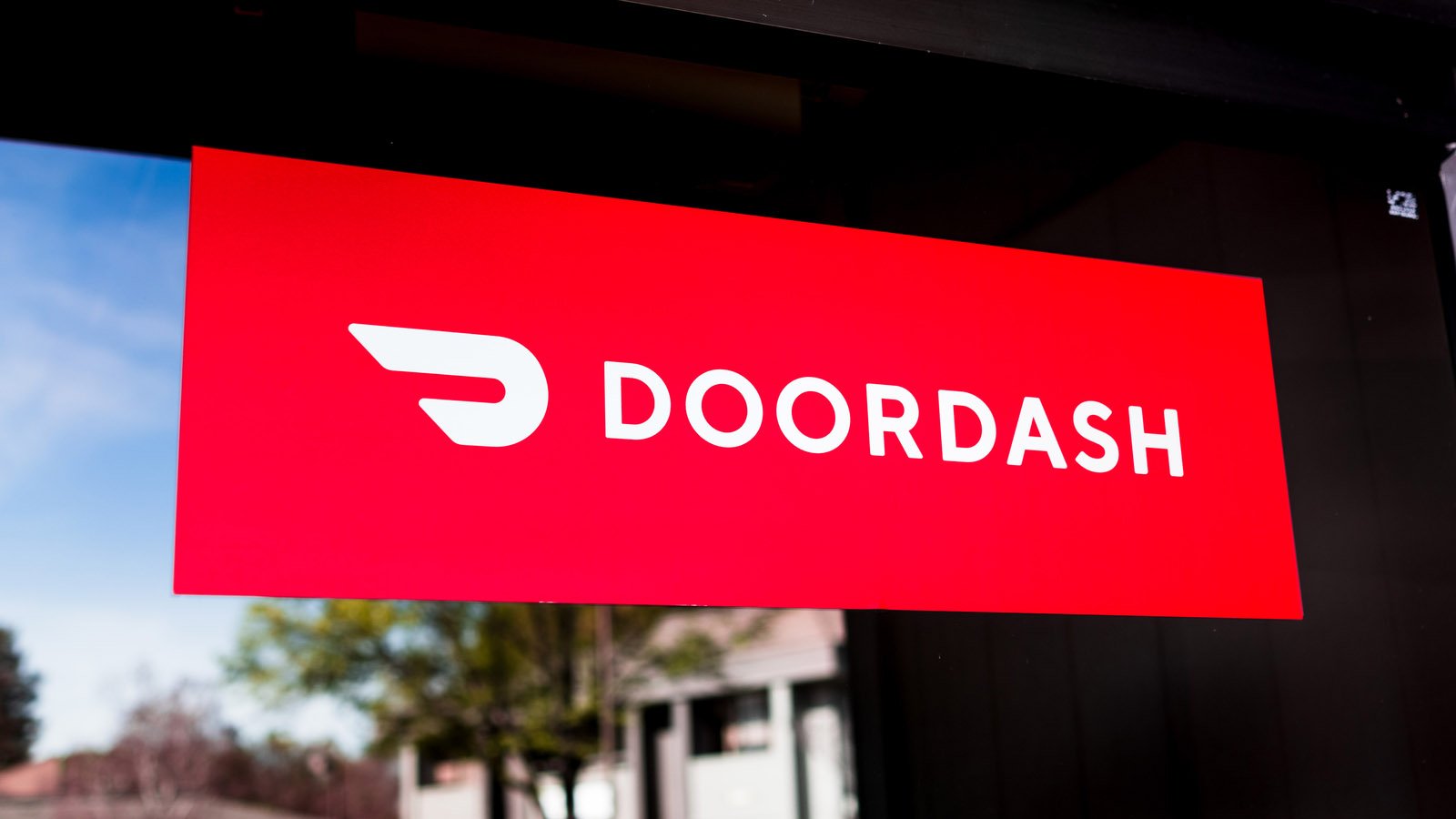Sometimes the Street’s “conventional wisdom” is totally wrong. For example, it far overestimated the longer-term impact of the coronavirus on the economy, not to mention the oil and aviation sectors. But there are times when the Street’s majority makes the correct call. I believe that the apparent widespread pessimism about Doordash (NYSE:DASH) is one of those times.

Judging by the columns on InvestorPlace and Seeking Alpha, as well as statements about the company by research firms, the Street seems to believe that the shares are overvalued. Doordash shares now have a market capitalization of $51 billion and are trading at over ten times analysts’ average 2021 sales estimate.
Valuation Concerns for Doordash Stock Abound
On Dec. 17, short-selling research firm Citron, according to Barron’s synopsis, contended that Doordash has “a highly commoditized business with little competitive advantage, and…fundamentals that can’t justify the company’s nearly $50 billion valuation.” The firm set a $40 price target on the shares, which were trading around $150 in late morning trading on Dec. 18.
Meanwhile, another InvestorPlace columnist, Wayne Duggan, contended in his Dec. 18 column on DASH stock:
Throughout history, overenthusiastic investors have driven IPO stocks way too high as soon as they go public. DASH stock is a perfect example of this phenomenon. Regardless of what you think of DoorDash as a company, I wouldn’t touch the stock with a 10-foot pole at this point.
Interestingly, the shares have greatly surpassed the price target of a bullish analyst. Specifically, on Dec. 2, before the IPO of Doordash stock, Fox Advisors initiated the shares with a “buy” rating. But the firm only set a $100 price target on the name.
In a note to investors last month, research firm Bernstein noted that food-delivery companies GrubHub (NYSE:GRUB) and Postmates were acquired for prices equal to about four times sales and five times sales. Next to those figures, Doordash prices are twice as much.
Tough Competition and a Post-Pandemic Letdown
To put it mildly, food delivery doesn’t exactly have high barriers to entry. After all, it’s not very hard or expensive for companies to obtain vehicles and hire drivers.
So, it’s not surprising that, cutting into Doordash’s total addressable market, a meaningful number of restaurants are starting their own food-delivery operations. And within the sector, there are some fairly well-established companies with deep pockets, including Uber (NYSE:UBER) and Grubhub, which has agreed to be acquired by European giant Just Eat Takeaway (OTC:TKAYY).
Of course, with many restaurants around the country closed for indoor dining, ordering in from restaurants has soared. As a result, Doordash’s orders jumped to 236 million from last quarter, versus 70 million during the same period a year earlier.
The company itself, however, warned that its growth would slow in the future. Indeed, as research firm Bernstein put it in a note to investors on Nov. 17, “We expect some contraction on avg. order value and order volume as folks return to the office.”
Actually, I have little doubt that, as the coronavirus vaccine becomes widely available, enabling tens of millions of Americans to return to restaurants, Doordash’s total order growth and revenue growth are likely to drop to minimal, if not negative, levels.
At that time Doordash will encounter difficult comparisons in Q1, and to a greater extent in Q2. When that happens, most investors will probably run to sell the shares, causing the stock to plummet.
The Bottom Line on DASH Stock
Given the sector’s low barriers to entry and tough competition, the shares are trading at a very high valuation. Moreover, the company’s growth is likely to tumble next year. Consequently, I recommend that investors sell the company’s shares.
On the date of publication, Larry Ramer did not have (either directly or indirectly) any positions in the securities mentioned in this article.
Larry Ramer has conducted research and written articles on U.S. stocks for 13 years. He has been employed by The Fly and Israel’s largest business newspaper, Globes. Larry began writing columns for InvestorPlace in 2015. Among his highly successful, contrarian picks have been GE, solar stocks, and Snap. You can reach him on StockTwits at @larryramer.
